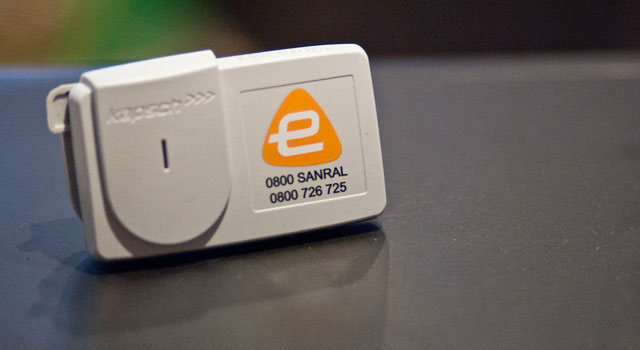
Roads agency Sanral’s inability to enforce the e-toll policy in Gauteng and growing public anger and civil disobedience have resulted in monthly e-toll revenue collection of about R60m by the end of February 2015, with not even 23% of users paying for the use of the freeways.
This is according to Wayne Duvenage, chair of the Opposition To Urban Tolling Alliance (Outa), who was speaking at the organisation’s annual general meeting on Thursday.
Gauteng’s e-toll system became unsustainable and mounting hurdles eventually gave rise to its failure to secure the revenue needed to service debt repayment and the operational costs of collection, said Duvenage.
“In effect, the e-toll system fell into a crisis of legitimacy, which in turn heightened the call for civil disobedience and the expected reduction in what little public compliance had transpired.
“Some 16 months ago, the department of transport and Sanral decided to forge ahead with their plans to launch the e-toll system, against the wishes of the public at large, their critics and the numerous business organisations who warned of the scheme’s irrationality and many potential problems.”
In Duvenage’s view, billing errors due to inaccurate vehicle owner data, combined with large-scale civil disobedience, became Sanral’s nemesis.
“In addition the unfortunate growing practice of vehicle licence plate tampering, along with the cumbersome nature of the entire e-toll process, it was no surprise that the scheme became unworkable and bogged down with collection costs that far exceed the revenues being generated,” said Duvenage.
Based on statements by the minister of transport in parliament and Sanral’s media statements, Outa estimates compliance levels of the e-toll scheme peaked at about 45% in June 2014, generating R120m/month. This was well short of the original target of R250m/month, but in line with what Outa calls the “vastly downscaled target at the time”.
Duvenage also pointed out that e-toll implementation in Gauteng impacted voters’ choices in the national election in May 2014, and that the ANC nearly lost its majority in the Gauteng provincial legislature.
Consequently, newly elected Gauteng premier David Makhura announced the creation of an e-toll advisory panel to assess the socioeconomic impact of e-tolls in the region. During the panel hearings, many business and civil society entities denounced the e-toll scheme and blamed its negative impact on the region.
“Outa disagreed that no legal risk would ensue to the enforceability of e-tolling, and that the retrospective consultation done by the panel, while thorough and worthwhile, could by no means be seen to have validated or legitimised e-tolling,” said Duvenage.
“On the contrary, it proved our case, because it showed just how unpopular e-tolling was.” — Fin24




